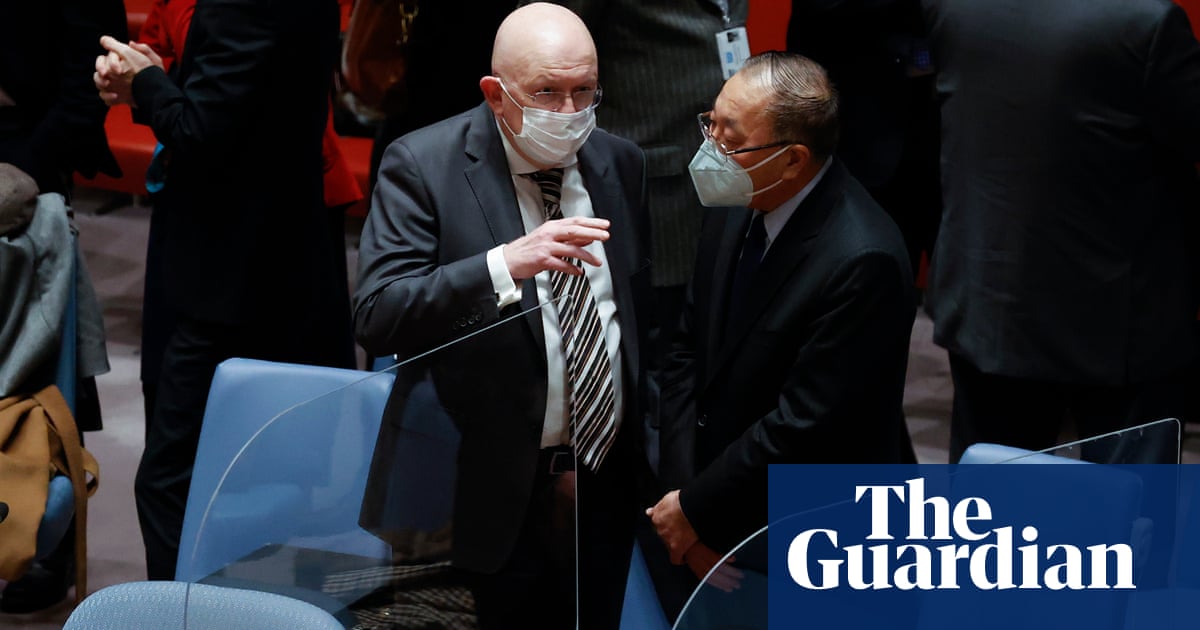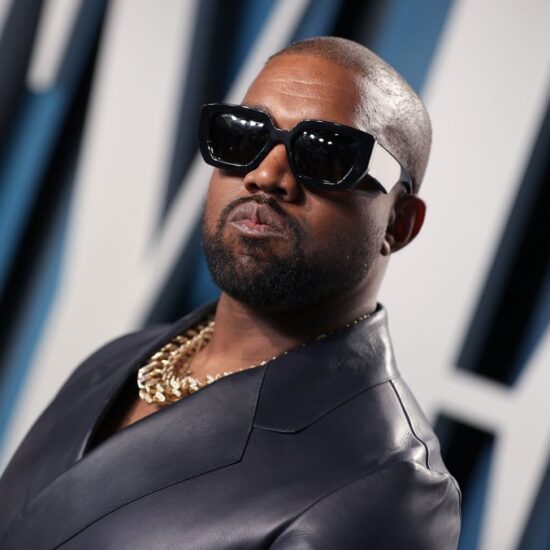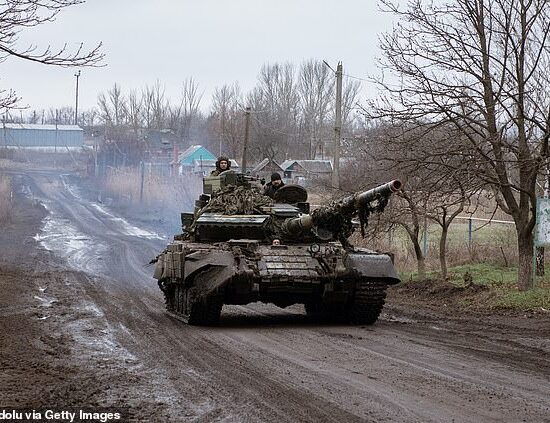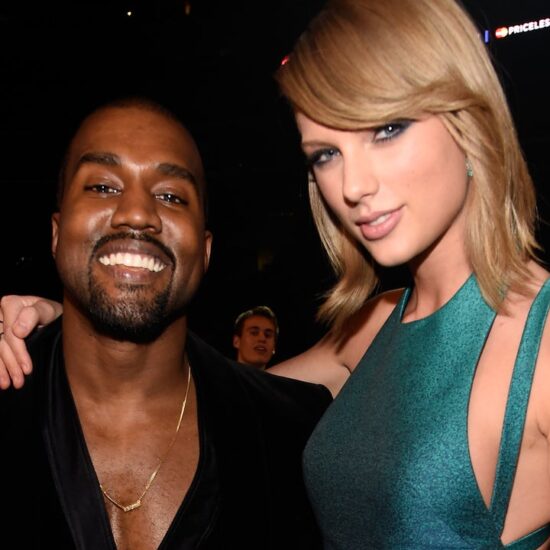
More than 100 days into Russia’s invasion of Ukraine, China’s strategic assessment of the conflict is becoming clearer: it does not wish to be cast in the same light as Russia, but the war has deepened Beijing’s mistrust of the west.
In Beijing’s view, the pessimism has been exacerbated by the US and its allies’ recent efforts, for example, to help Taiwan increase its international recognition. On Monday last week, Beijing made the second-largest incursion into Taiwan’s air defence zone this year with Taipei reporting 30 jets entering the area, including more than 20 fighters.
China’s tone has also evolved from sitting on the fence to outright defensive. When the conflict first began in late February, Beijing tried to be “impartial”, but in the last few weeks, it deployed the language that directly confronted the US-led Nato and western sanctions, calling them “financial terrorism” and “economic weaponisation”.
“The war in Ukraine has intensified the confrontation between the US and China,” said Prof Yan Xuetong, director of the institute of international studies at Tsinghua University in Beijing, in a recent talk. “It [also] further highlighted the differences between us [China] and France, Germany, Britain and Japan.”
Yan also detected that the emerging bipolarisation in the new world order was not tilting in China’s favour. And his view was widely shared by Chinese scholars and public intellectuals, said Liu Yawei, senior adviser on China at the Atlanta-based Carter Centre.
China’s leadership has sensed it, too. Early in May, the Guardian reported that shortly after the invasion began, Beijing had ordered a comprehensive “stress test” to study the implications of a possible Russia-style sanctioning by the west. Several key government agencies – from banking regulation to international trade – have been asked to come up with responses if the west imposed the same embargos on China.
Domestically, debates over Ukraine have endured, in spite of censorship. “China not only cannot stand with Putin, but also should take concrete actions to prevent Putin’s possible adventures,” warned Hu Wei, vice-chairman of the Public Policy Research Center of the Counselor’s Office of the State Council in Beijing in March, in rare dissent against the official view. But the article was quickly taken down.
While Beijing’s relationship with Moscow continues to evolve, despite their friendly public pledges such as “‘no limits’ partnership”, in a strategically anxious China today, voices like Hu’s are often met with fierce criticism.
Zhao Tong, a Beijing-based senior fellow at the Carnegie Endowment for International Peace, observed: “Liberal voices within China have become less capable to counterbalance against the growing influence of hardline views that see China’s future as resting with working with other like-minded countries to more proactively push back against the US-led western order, norms, and values.”
One of the reasons for this dynamic, according to Liu, was that opponents saw “strong evidence that even if China had supported the US in condemning Russia and sanctioning it, the fundamentals in the bilateral relationship would not change”. He pointed out that many saw last week’s speech by Antony Blinken, in which the secretary of state said Washington would “shape the strategic environment around Beijing”, as further evidence that the American state has determined to treat China as its ultimate challenger.
And until recent weeks, public opinion seemed to be on Beijing’s side, too. According to a poll by the Carter Centre’s US-China Perception Monitor initiative, 75% of Chinese respondents agreed that supporting Russia was in China’s national interest, although roughly 60% of the surveyed also expected China to play a role in mediating an end to the war.
The public’s overwhelming support for Beijing’s stance – which some called “pro-Russian neutrality” – has made an immediate change of course more difficult, even if senior officials were thinking about a possible adjustment at some point, Zhao said.
The perception gap in Beijing is stark to many westerners. There is also a growing view among hawks that the conflict is a “proxy war” between Russia and the western powers. Additionally, Beijing thinks the US would ultimately glean the benefits from Ukraine’s misfortune – an assumption that has been heightened by the collapse of mutual trust in recent years.
“Russia-Ukraine conflict is Putin’s ‘counter-strike’ against the US-led west’s plan to dismember Russia,” declared Qiu Wenping of the Shanghai Academy of Social Sciences, a government thinktank, repeating Moscow’s talking points in a recent TV discussion. “China is in a position that is somewhat comparable to Russia’s … The US is clearly manipulating the Taiwan issue and constantly fanning the flames in order to dismember China by creating a Ukraine of the Orient.”














